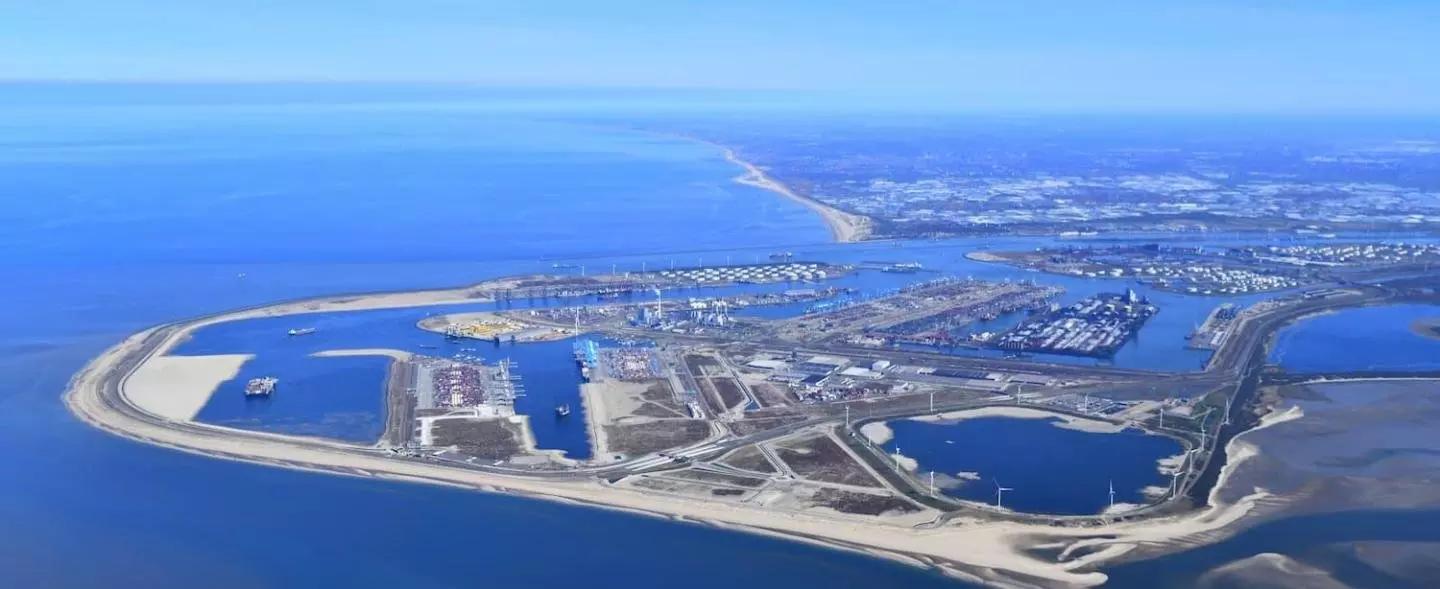Air Liquide to Build, Operate CO2 Capture Unit in the Netherlands
The company will build, own, and operate a large-scale carbon-capture unit at its hydrogen production plant in the port of Rotterdam.
Air Liquide has announced that it will build, own, and operate a global-scale carbon-capture site at the Rotterdam industrial basin in the Netherlands. The company will utilize its Cryocap technology for the carbon-capture project, and it will be installed at Air Liquide’s hydrogen production plant located in the port of Rotterdam. This unit will be connected to a large-scale carbon-capture and storage infrastructure project called Porthos, which is designed to reduce CO2 emissions in the industrial basin.
“We are pleased to take another concrete step to contribute to the decarbonization of one of Europe’s largest industrial basins while participating in the development of Porthos,” said Emilie Mouren-Renouard, member of Air Liquide’s Executive Committee and CEO of the Europe Industries Hub. “This new world-scale CO2 capture unit illustrates our expertise and commitment to implementing decarbonization solutions, both for our customers and our own assets, in line with the Group’s ADVANCE strategic plan to reduce its CO2 emissions by 33% by 2035.”
Air Liquide's carbon-capture site under construction; Image Credits: Air Liquide

CO2 will be captured from the hydrogen production plant in the port of Rotterdam using the company’s Cryocap technology, designed to draw CO2 from the atmosphere with a cryogenic process. Captured CO2 is then transported through the under-development Porthos infrastructure and permanently sequestered in depleted gas fields in the North Sea, approximately 20 km off the coast. Scheduled for commercial operation in 2026, Air Liquide will be able to supply decarbonized hydrogen for its long-term customers.
The Porthos carbon-capture infrastructure will reduce CO2 emissions by up to 2.5 million tons per year, which is equivalent to approximately 10% of the current Rotterdam industry CO2 emissions.